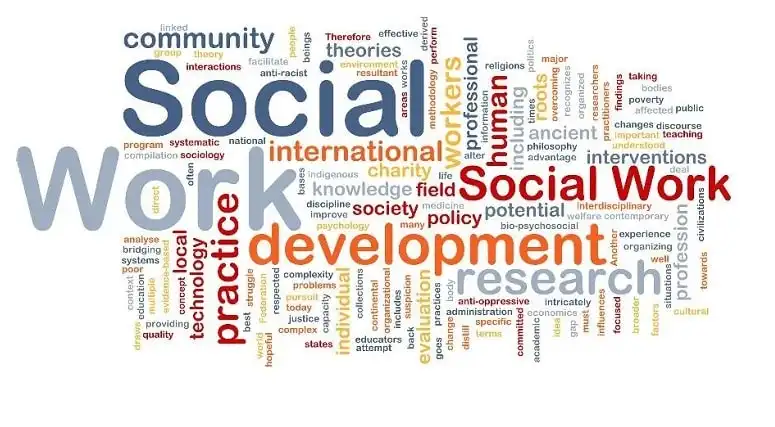
masters in social work
The Role of Social Workers in Addressing Mental Health Disparities
Mental health disparities are a pressing issue in the United States. Mental illness is a leading cause of disability, and yet it’s frequently overlooked in favor of physical health issues. Social workers have a unique role to play in addressing internal health differences.
Social workers have a long and proud history of furnishing services to individualities, families, and communities affected by internal illness. They’re trained to give a variety of services, including psychotherapy, extremity intervention, advocacy, and case operation. They frequently work in collaboration with other professionals, similar as psychiatrists, psychologists, and primary care providers, to ensure comprehensive and effective care.
Social workers have an important part to play in addressing internal health differences. They can give services to individualities and families that may else not have access to care. They can also help to bridge the gap between internal health providers and individualities who are at threat of developing internal health issues. Social workers are also in a unique position to advocate for better access to internal health services and to help produce policy change.
Social workers can also play a crucial part in reducing the smirch associated with internal illness. They can help to educate the public about internal health issues and the significance of seeking treatment. They can also give support and advocacy for individualities who are floundering with internal illness.
The part of social workers in addressing internal health difference is an important bone
, and it’s one that must be taken seriously. Social workers are uniquely deposited to make a positive difference in the lives of those affected by internal illness and to help reduce the impact of internal health differences.








1 thought on “The Role of Social Workers in Addressing Mental Health Disparities”